Molly Stevens interview: Innovating biomaterials and inspiring future generations of scientists

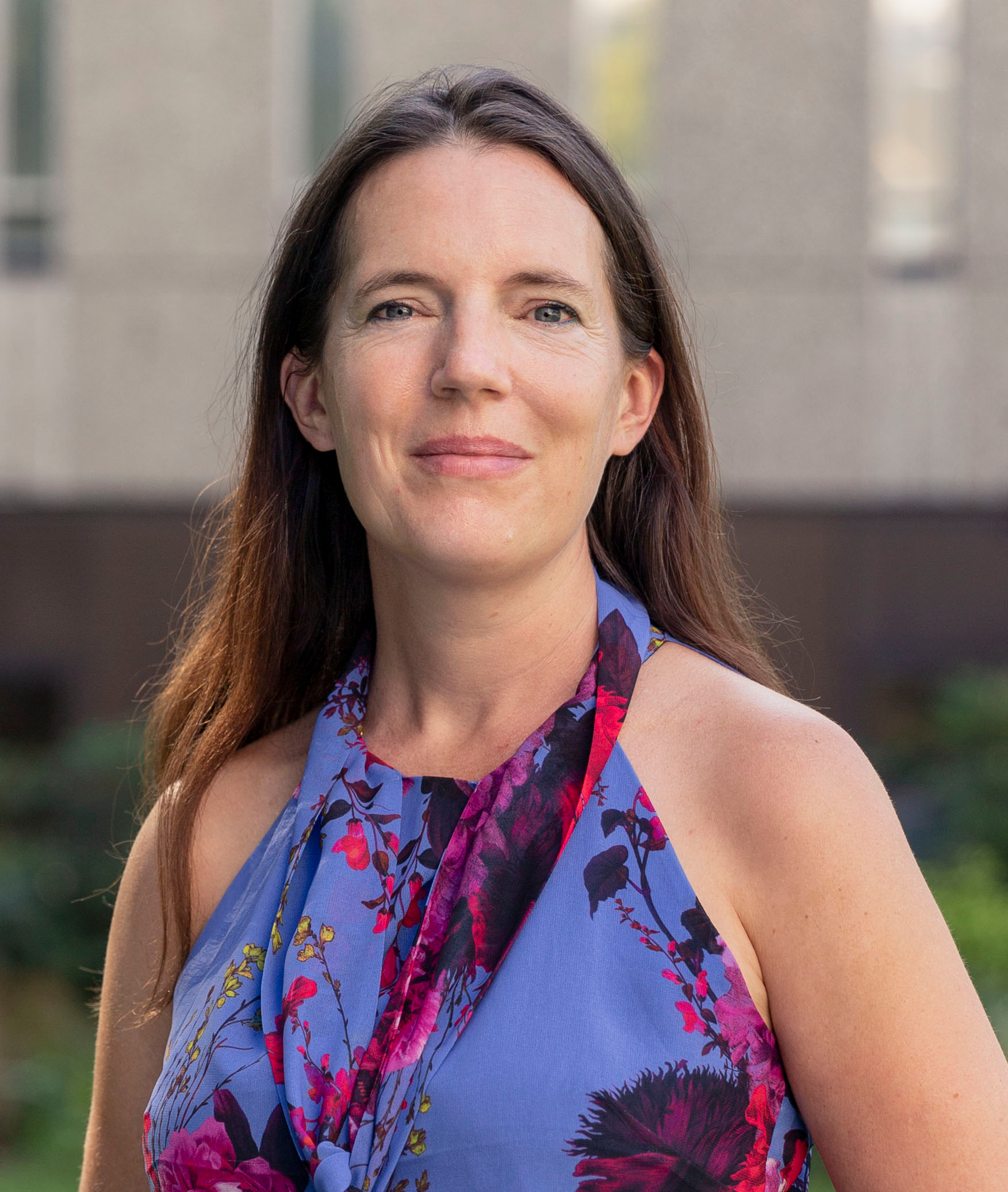 Molly Stevens, the 2021 recipient of the FEBS | EMBO Women in Science Award, talks to Kathy Weston about her unusual career choices, and her passion for using technology to address health inequality.
Molly Stevens, the 2021 recipient of the FEBS | EMBO Women in Science Award, talks to Kathy Weston about her unusual career choices, and her passion for using technology to address health inequality.
Molly Stevens receives the award for her innovative bioengineering approach that addresses key problems in regenerative medicine and biosensing; see the press release on the FEBS website for more details here.
Photo credit: David Vintiner, Imperial College London
Early in your career, you made two dramatic changes of direction—from a degree in pharmacy to a PhD in single molecule biophysics, and then from there to a postdoc and subsequent career in tissue engineering and biosensing. How did that come about?
The choice of PhD was very much because I love learning. I wanted the intellectual challenge of doing something difficult, and I thought single molecule biophysics was about the hardest thing I could possibly do! The next switch was rather different; it was about wanting to transfer things I’d learnt into an opportunity to do something that could really impact on people’s lives and health—how one could use principles of materials science to actually help save lives.
I know they were unusually drastic switches, but you learn so much more if you throw yourself in at the deep end, because your learning curve is so enormous. You also see things from a different angle to people with a more traditional training. For me, it’s been absolutely invaluable, no question about it.
You run a large multidisciplinary group. How do you make that work?
It is without a doubt the friendliest most collaborative group in the world! I think the types of challenges we’re tackling benefit from having lots of disciplines coming together as this fosters a creative environment. It’s very interactive, social and a platform where anyone can put forward an idea. And seeing people come through my group, do well and then set up on their own and continue to be successful is one of the things that gives me the most pleasure. Over 45 of them are now professors in their own right, which is amazing! Many of them have created companies or got senior roles in industry. The knowledge that our group has played some part in supporting that is really rewarding, and I’m so proud of them.
What drives your research?
Our world is very unequal, and as a scientist I’m motivated to do what I can to help remedy that. We always ask ‘how can we make these things that are a fantastic feat of engineering, but design them so that they could be manufactured cheaply enough to work for the developing world?’ So we’re using our technologies to develop low-cost yet exceptionally sensitive diagnostics for things such as HIV, Ebola and malaria, and we’re also doing a lot of work with the Gates Foundation looking at new types of vaccines.
How have you and your lab coped during the pandemic?
I think the fact that our group is so collaborative and supportive has really shone during the pandemic. People’s ability to work through it has been helped by that supportive environment. Scientifically, a lot of the group came together to help develop low cost diagnostics for detection of COVID-19, and that work is going very well.
From a personal point of view, I’m home schooling three kids, so that’s interesting! My husband is helping a lot, so we’re doing OK.
What advice would you give someone starting out now?
First, choose a topic that you are passionate about, that has really important consequences, because it’s a big endeavour, being a scientist; it’s not a side job, it’s a full-time commitment of your thoughts in many ways.
Second, believe in yourself, and feel free to ignore advice if you don’t agree with it! It’s less the case for me now, but when I started, people were always telling me what I wouldn’t be able to achieve. Thankfully I also had amazingly supportive mentors and a brilliant group.
When I had my children—I had twins just after starting a faculty job at Imperial, and subsequently another baby—I surprised myself by being able to successfully combine a career and a family. So thirdly, I think I want to reassure young potential parents that you can find ways to combine both—go for it, if that’s what you want!
What does winning the FEBS | EMBO Women in Science Award mean to you?
I’m humbled by this award, which recognizes the work of our multidisciplinary team over many years.
This interview was conducted for EMBO and first appeared on the EMBO website at www.embo.org/news/articles/2021/innovating-biomaterials-and-inspiring-future-generations-of-scientists.html
For more details on the FEBS | EMBO Women in Science Award, see the FEBS website at www.febs.org/our-activities/awards/febs-embo-women-in-science-award
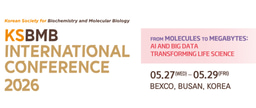
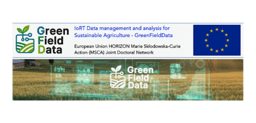

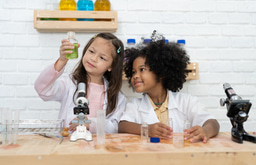
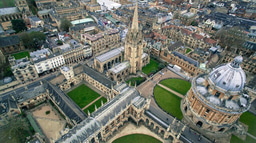
Join the FEBS Network today
Joining the FEBS Network’s molecular life sciences community enables you to access special content on the site, present your profile, 'follow' contributors, 'comment' on and 'like' content, post your own content, and set up a tailored email digest for updates.